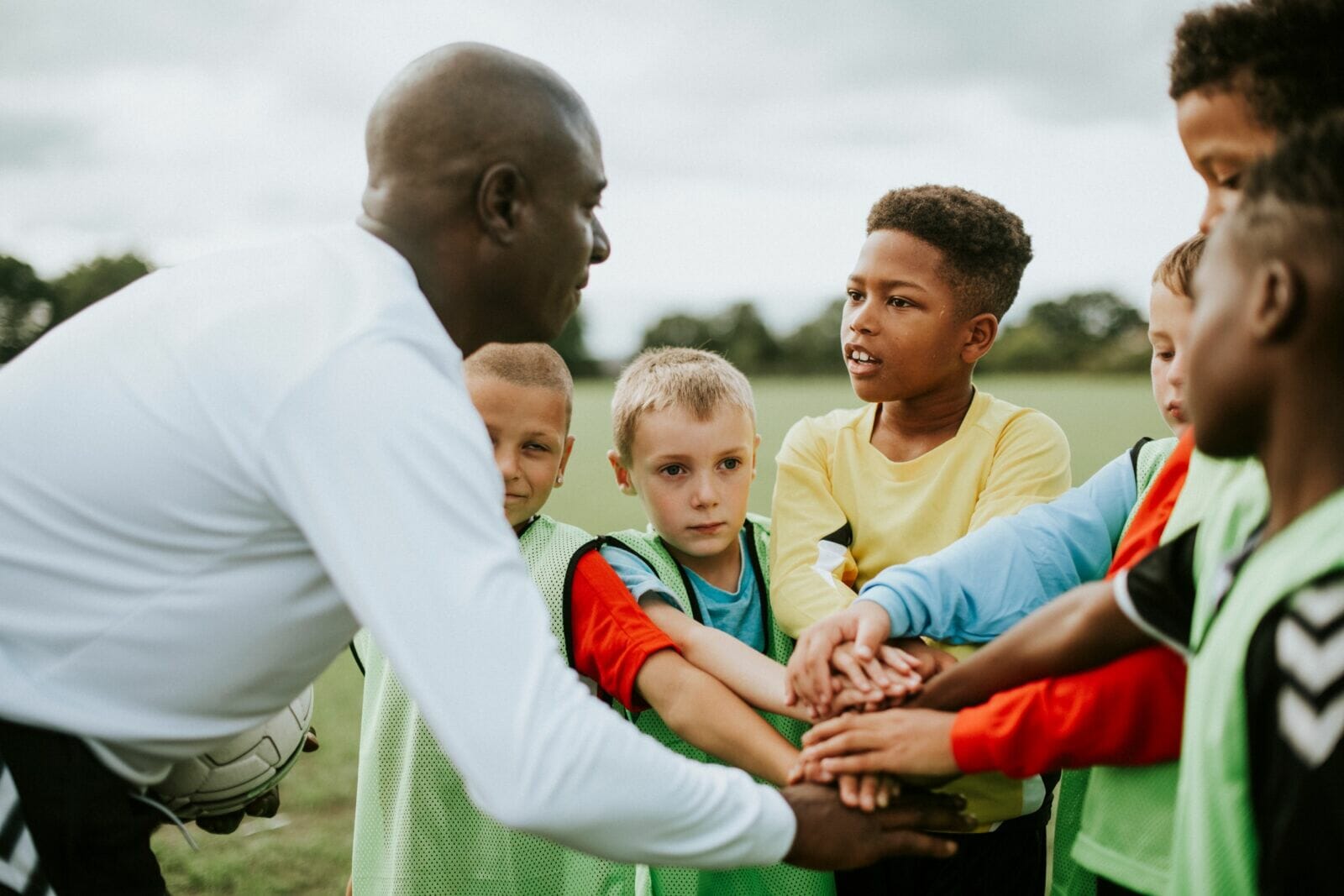Youth athletics in the U.S. are starting younger and younger. Some kids are engaging in competitive sports as early as age six! This means that by their teen years some young athletes have already put in hundreds of hours of training and as a result extra stress on their growing bodies. As an associate professor of physical therapy at Creighton University, I urge our students to consider both the physical and psychological effects that rigorous training programs can have on the well-being of young athletes. Likewise, it is advisable for parents — especially overzealous parents — of youth athletes to do the same.
DEEPER DIVE: Why youth sports are vital to our community
The desire to be recognized as an elite youth athlete is understandable because of the potential to obtain top athletic scholarships. However, the overzealous nature of a parent’s desire for their child to excel in sports can often blur the lines between ambition and obsession. Youth athletes that possess natural talent within their sport begin to feel extreme pressure from being exposed to excessive training, physical exhaustion and injuries. Thus, causing youth athletes to feel isolated, develop low self-esteem, and experience burnout.

Overuse injuries due to excessive repetition and training are becoming more common in youth athletics. As a former competitive athlete and physical therapist, I have seen an influx of strains and sprains. Even worse, treating younger patients with serious injuries like an ACL tear or stress fracture is becoming more commonplace. In fact, surgeons have had to develop new techniques for their young patients to avoid permanent damage to growth plates when they reconstruct the ligament.
On the mental wellness front, even if an athlete has recovered from a physical injury, mentally they may not be ready to return to their sport. It is best to be mindful of your young athlete’s mental state. As competitors, they may succumb to social pressure, fearing the consequences of missing an important game or disappointing others. Importantly, young athletes may feel compelled to play through pain. This is highly risky as it can result in improper healing of injuries, further injuries, or, worse, long-term impairments that adversely affect their sport performance and quality of life as they age.
Now that school is out of session, here are a few tips to consider when raising a youth athlete:
- Look out for signs of athletic burnout like disinterest, moodiness, and chronic fatigue
- Encourage your child to explore other sports just for fun
- Consult a sports medicine professional to implement preventive care this summer like
- strength training
- During the season allow adequate time for rest and recovery after practices and games
At the end of the day, we must consider the end goal rather than short term success when developing a child’s athletic ability. Training can be done correctly and effectively if preventive measures are taken. For the love of the game, we need to let youth athletes enjoy performing and getting to the next level without enforcing the fear of failure or not being good enough.
Author: Stefany Shaibi, DPT, PT, is associate professor of physical therapy at Creighton University Health Sciences Campus – Phoenix.




